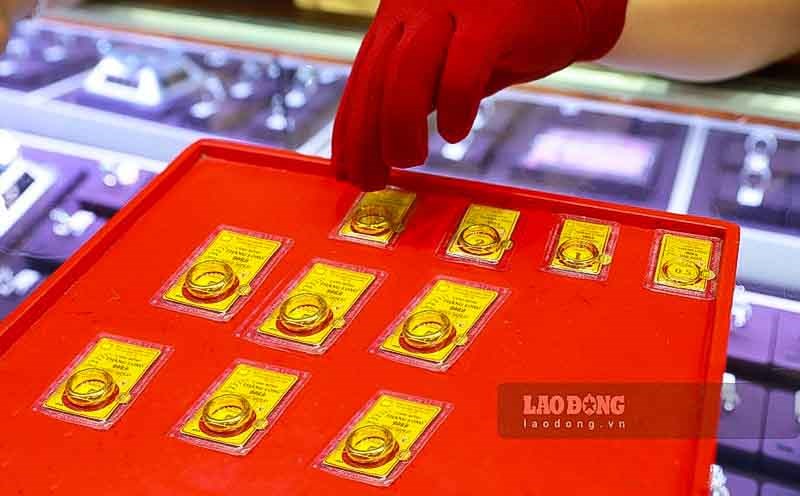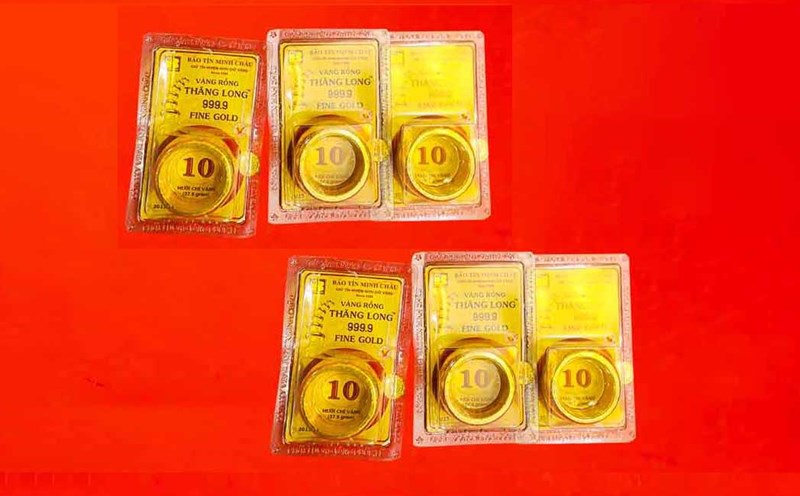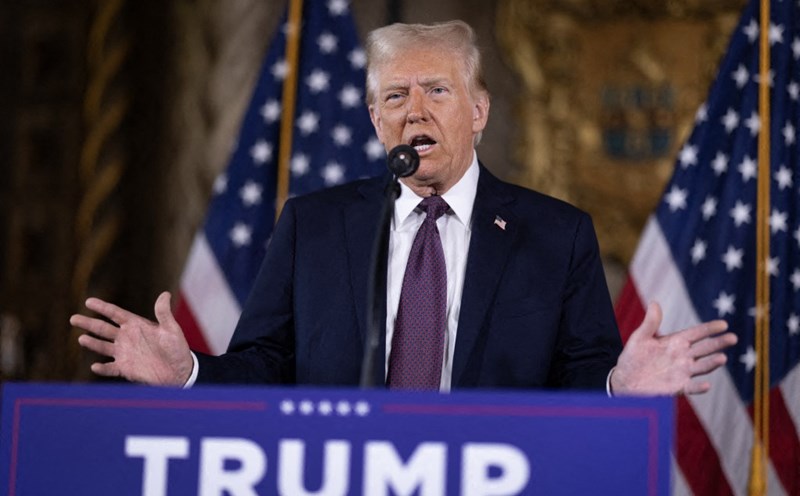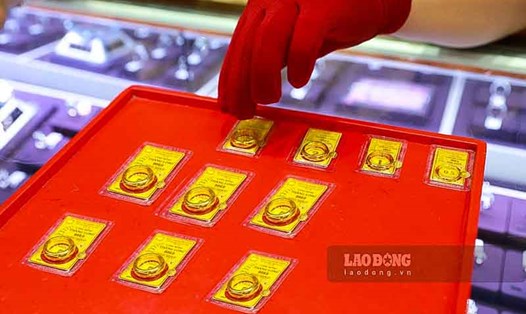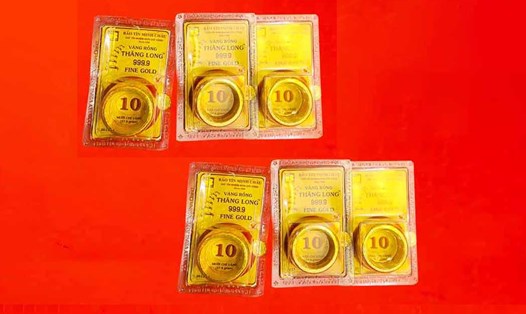Central banks around the world continued to drive gold demand in November 2024, with the majority of transactions being carried out by emerging markets, according to Krishan Gopaul, senior analyst for the EMEA region at the World Gold Council.
“November was another strong month for gold buying as central banks added a total of 53 tonnes of gold to global official reserves, based on reported data.
This continues the general trend throughout 2024, when central banks - mainly from emerging markets - maintained their gold purchases, driven by the need for a stable and safe asset amid global economic uncertainty," Gopaul said.
The drop in gold prices in November 2024, after the US election, may have prompted some central banks to increase their accumulation, with most of the purchases coming from countries that have been active in recent months, Gopaul said.
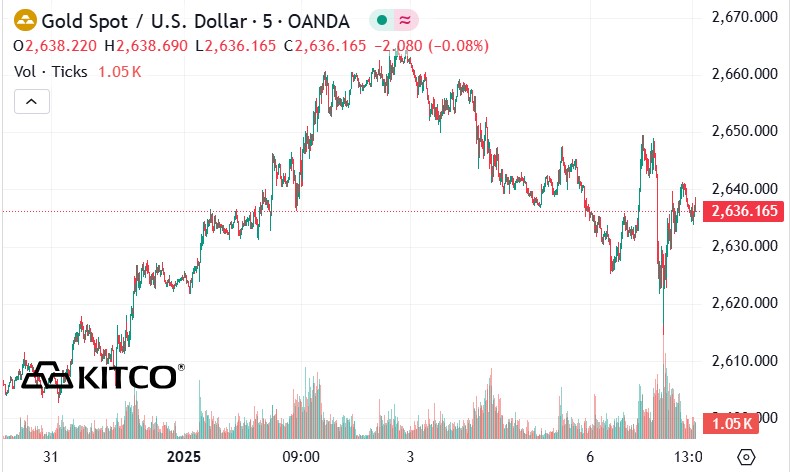
The National Bank of Poland (NBP) was the largest buyer, adding 21 tonnes of gold in November 2024, bringing its total reserves to 448 tonnes. "Gold now accounts for nearly 18% of total reserves, close to the previously announced target of 20%. This purchase also strengthens the NBP's position as the largest buyer of gold since the beginning of the year (90 tonnes)," Gopaul said.
The Central Bank of Uzbekistan increased its reserves by 9 tonnes, marking the first increase since July, bringing total net purchases for the year to 11 tonnes and gold reserves to 382 tonnes.
The Reserve Bank of India continued its gold buying streak in 2024, adding another 8 tonnes in November. "This brings the total purchases year-to-date to 73 tonnes, taking the total gold reserves to 876 tonnes, maintaining its position as the second-largest buyer in 2024 after Poland," he said.
The National Bank of Kazakhstan added 5 tons of gold, raising its reserves to 295 tons and becoming a net buyer of 1 ton in 2024.
A notable development during the month was the announcement by the People’s Bank of China (PBoC) that it would resume gold purchases. After a six-month hiatus, the PBoC added 5 tonnes of gold, bringing its total net purchases for the year to 34 tonnes and reported gold reserves to 2,264 tonnes (5% of total reserves).
The Central Bank of Jordan bought 4 tons of gold in November 2024, bringing the total purchase volume since the beginning of the year to nearly 2 tons, with total reserves reaching 73 tons.
The Turkish Central Bank increased its gold reserves by 3 tonnes and used reverse swap agreements (gold for lira) with domestic commercial banks to manage liquidity.
The Czech National Bank bought nearly 2 tons of gold, marking the 21st consecutive month of purchases, with total purchases since the beginning of the year reaching nearly 20 tons and reserves exceeding 50 tons.
The Bank of Ghana added another tonne of gold to its reserves, bringing its total purchases since the start of the year to nearly 10 tonnes, with total reserves reaching 29 tonnes. "The bank also issued the Ghana Gold Coin during the month, aimed at stabilising the economy and encouraging investment in the country's gold reserves," Gopaul said.
In contrast, the Monetary Authority of Singapore (MAS) was the largest seller of gold in November, offloading 5 tonnes, bringing its year-to-date net sales to 7 tonnes, with current gold reserves standing at 223 tonnes.
"In December 2024, it was also announced that the Bank of Finland's gold reserves had fallen by 10% to 44 tonnes - the lowest level since December 1984," he wrote.
“While December 2024 data remains to be seen, the sustained interest in gold from central banks this year clearly underscores the enduring appeal of the precious metal. Central banks are set to post a 15th consecutive year of large net purchases, a remarkable achievement,” Gopaul concluded.

